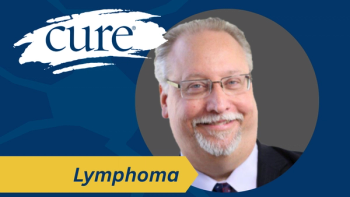
- Winter 2011
- Volume 10
- Issue 4
Genetic Markers Identify Second Cancer Risk
Researchers are looking for genetic variations to determine which patients have an increased risk for a second cancer and should receive different treatments.
If your child received a diagnosis of Hodgkin lymphoma (HL), wouldn’t you want to know that the treatment decision you make today might spare your child from acquiring a second cancer in adulthood? To answer that question, a team of researchers led by Kenan Onel, MD, PhD, director of the University of Chicago’s Pediatric Familial Cancer Center, began looking for genetic variations to determine which patients have an increased risk for a second cancer and should receive different treatments.
In a genome-wide association study of 178 adults, Onel and his team examined more than 665,000 variations in inherited DNA called single nucleotide polymorphisms (SNPs) and identified two associated with increased cancer risk from radiation therapy.
The discovery of these genetic variations could allow doctors to “better identify children who are most susceptible to radiation-induced cancers before treatment begins and modify their care to prevent this serious long-term complication,” said Onel, senior investigator of the study, which appeared in Nature Medicine. “Our options for Hodgkin are broad enough that we can find ways to control the initial disease without relying on radiation therapy.”
Nearly 20 percent of pediatric HL patients develop a second cancer as adults. This late effect is the second leading cause of death in long-term pediatric HL survivors.
Articles in this issue
about 14 years ago
Tips to Manage Dental Issues During Cancer Therapyabout 14 years ago
Resources to Ease the Financial Burden of Cancerabout 14 years ago
What’s Next for My Life?about 14 years ago
From Our Archives: Tissue Bankingabout 14 years ago
Respite Care for Caregiversabout 14 years ago
Brighter Horizons for Hodgkin Lymphoma Patientsabout 14 years ago
Medical Debt: An Unspoken Side Effect of Cancer Careabout 14 years ago
Eat Gingerly for Your Healthabout 14 years ago
Why Banks Need Your Tissue for Research



